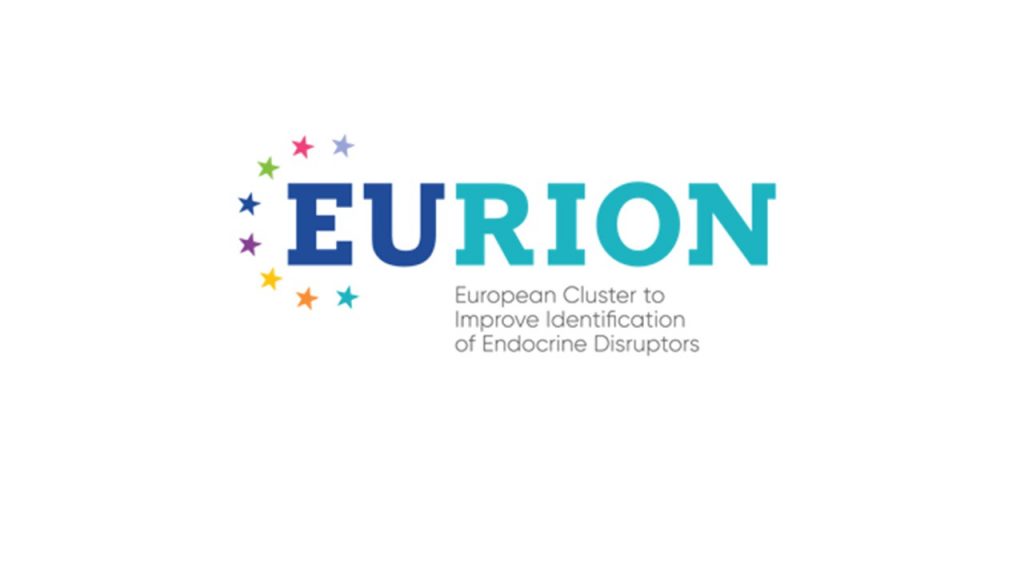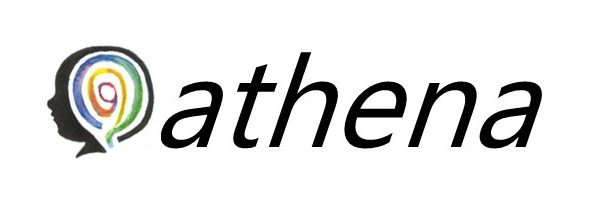Links
Links to the EURION cluster projects and other sites important for endocrine disruptor test method development

EURION (European Cluster to Improve Identification of Endocrine Disruptors) is a cluster group of eight research projects from the Call ‘New testing and screening methods to identify endocrine disrupting chemicals (EDCs)’. EURION is funded €50 million by the European Commission’s Horizon 2020 Research and Innovation Programme, the largest public funding for this type of research in Europe.
ATHENA is one of the eight projects under the EURION Cluster, which was formed in January 2019 to optimise synergies, avoid overlaps between projects and maximise impact. Each project in the cluster focusses on a different aspect of new testing and screening methods to identify EDCs which act on different EDC-related outcomes including; metabolic diseases, thyroid hormone disruption, female reproduction and developmental neurotoxicity.
The 7 other projects in the EURION Cluster:
Metabolic effects of Endocrine Disrupting Chemicals: novel testing METhods and adverse outcome pathways
Coordinator: University of East Finland, Finland
Novel Testing Strategies for Endocrine Disruptors in the Context of Developmental NeuroToxicity
Coordinator: Karolinska Institut, Sweden
Breaking down the wall between human health and environmental testing of endocrine disrupters: EndocRine Guideline Optimisation
Coordinator: Syddansk Universitet, Denmark
Female Reproductive Toxicity of EDCs: A human evidence-based screening and Identification Approach
Coordinator: Universiteit Utrecht, Netherlands
Beating Goliath: Generation Of NoveL, Integrated and Internationally Harmonised Approaches for Testing Metabolism Disrupting Compounds
Coordinator: Universiteit Utrecht, Netherlands
An integrative strategy of testing systems for identification of EDs related to metabolic disorders
Coordinator: INSERM, France
